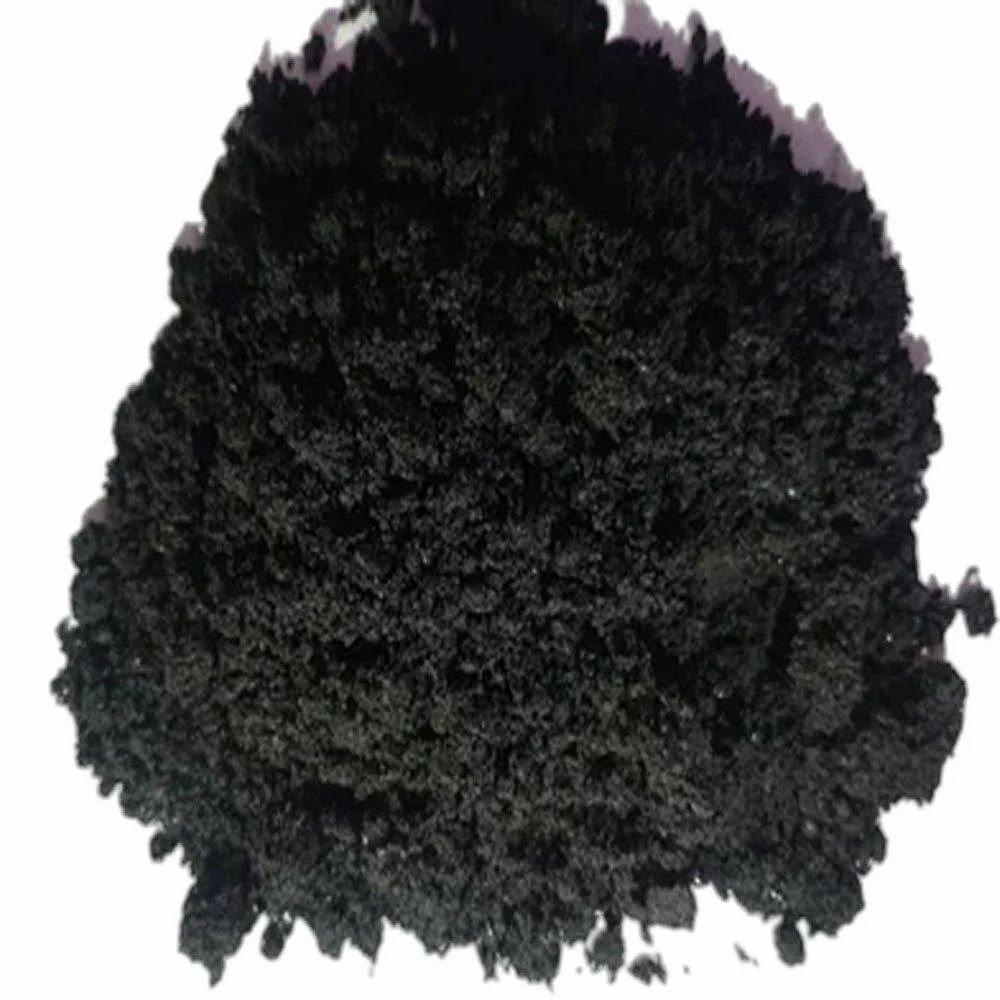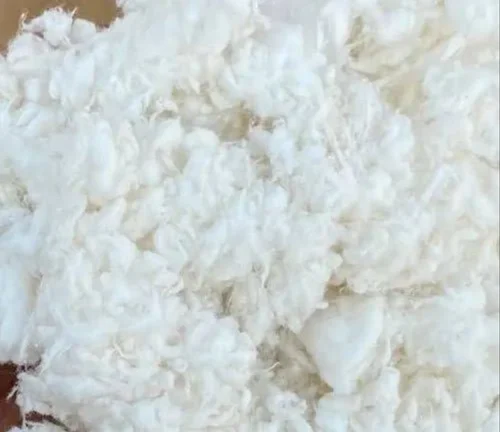Call Us 24/7
+91 93111 42941Mail Us
info@suryaminchem.comOur Location
Plot No. 154/920, Pooth KhurdProduct Category: Industrial Chemical
SODIUM BENZONATE

Sodium benzoate is a widely used preservative, known for its ability to inhibit the growth of bacteria, yeast, and fungi. It appears as a white crystalline powder and is the sodium salt of benzoic acid. Commonly found in acidic foods and beverages like soft drinks, fruit juices, and pickles, sodium benzoate extends shelf life by preventing spoilage. Beyond food preservation, it is also used in cosmetics, pharmaceuticals, and personal care products for its antimicrobial properties. Due to its effectiveness and safety within regulated limits, sodium benzoate is a key ingredient in maintaining the freshness and stability of various products. Read More
SODIUM BICARBONATE

Sodium bicarbonate, better known as baking soda, is a highly versatile compound widely recognized for its practical uses. This fine, white powder is a staple in many households and industries due to its wide range of applications. In baking, it functions as a leavening agent, causing dough to rise by releasing carbon diOxide, . Medically, it’s valued for its ability to neutralize stomach acid, providing quick relief from heartburn. Additionally, sodium bicarbonate is a common ingredient in cleaning products, toothpaste, and pH regulation solutions, making it an indispensable component in both everyday life and various industrial processes. Read More
STABILIZER

A stabilizer is a vital additive used across various industries to preserve the integrity and longevity of products. It works by preventing undesirable changes like separation, degradation, or chemical reactions, ensuring that products maintain their intended quality. In plastics, stabilizers guard against damage from heat, light, or oxygen, preserving durability and flexibility. In food, they keep ingredients uniformly mixed, enhancing texture and consistency. Cosmetics benefit from stabilizers by maintaining emulsions and extending shelf life. Essential in both industrial and consumer products, stabilizers ensure that items remain effective, safe, and aesthetically pleasing throughout their use. Read More
FOAMING AGENT

A foaming agent is a chemical that creates foam by reducing the surface tension of a liquid, enabling the formation and stabilization of gas bubbles. Widely used across industries, these agents are vital in food production, cosmetics, cleaning products, and firefighting. In food, they create the airy textures in whipped cream and mousses. In cosmetics, they generate the rich lather in shampoos and body washes. Cleaning products rely on foaming agents to form thick foam that effectively lifts away dirt and grease. Additionally, in firefighting, they help spread foam quickly to smother flames and prevent re-ignition. Common examples include sodium lauryl sulfate (SLS) and betaines. Read More
ANTIMONY TRIOXIDE

Antimony Trioxide (Sb₂O₃) is a versatile flame retardant and synergist used in a wide range of applications, including plastics, rubber, textiles, and coatings. It enhances fire resistance and reduces smoke production, making it ideal for safety-critical products. Additionally, it serves as a catalyst in PET manufacturing and an opacifier in glass and ceramics, contributing to durability and opacity. Known for its efficiency and compatibility, Antimony Trioxide is a key additive in industrial manufacturing processes. Read More
BLEACHING POWDER

Bleaching powder, also known as calcium hypochlorite, is a white, granular or powdered chemical commonly used as a disinfectant, sanitizer, and bleaching agent. It is widely utilized in water treatment facilities to disinfect drinking water and swimming pools due to its strong chlorine content, which effectively kills bacteria, viruses, and other pathogens. In the textile and paper industries, bleaching powder is used to whiten fabrics and pulp. It is also employed in household cleaning products for its ability to remove stains and sanitize surfaces. The versatility and effectiveness of bleaching powder make it a valuable chemical in both industrial and domestic applications. Read More
CALCINED PETROLEUM COKE

Calcined petroleum coke (CPC) is a high-carbon material derived from the processing of green petroleum coke. This process involves heating the green coke in a kiln to remove volatile components, resulting in a dense, carbon-rich substance with low ash content. CPC is highly valued in various industries for its purity and conductivity. It is primarily used in the production of anodes for aluminum smelting, where its high carbon content and low impurities ensure efficient and effective electrochemical processes. Additionally, calcined petroleum coke is utilized in the manufacturing of titanium diOxide, , steel, and other metallurgical applications, where it enhances the quality and performance of the final products. Its consistent quality and high carbon yield make CPC an essential material in heavy industrial processes. Read More
BRASS POWDER

Brass powder is a finely ground metallic substance composed of copper and zinc, known for its appealing golden color and versatility. It is widely used in decorative applications, providing a metallic sheen in coatings, paints, and inks. In metallurgy, brass powder is essential in sintering processes, where it helps form solid metal parts. Additionally, it serves as a filler in plastics and resins, enhancing their mechanical properties while offering a metallic finish. Brass powder is also used in cold casting to create sculptures with the appearance of solid metal, making it valuable in both industrial and artistic fields Read More
CERAMIC FIBER

Ceramic fiber is a high-performance insulating material made from alumino-silicate, which is a combination of aluminum Oxide, (Al2O3) and silicon diOxide, (SiO2). It is known for its excellent thermal resistance and lightweight properties, making it an ideal choice for high-temperature applications. Ceramic fiber can withstand temperatures up to 1,260°C (2,300°F) and is widely used in industries such as metallurgy, petrochemicals, and power generation.It is commonly available in various forms, including blankets, boards, papers, and modules, which can be tailored to specific insulation needs. Ceramic fiber offers low thermal conductivity, excellent thermal shock resistance, and is chemically stable, making it effective in reducing energy loss and protecting equipment from heat damage. Additionally, it is used in furnace linings, kilns, and as a lining material in heat treatment processes, providing both effic Read More
ALPHA CELLULOSE FIBER

Alpha Cellulose Fiber is a high-purity, natural fiber used as a filler and reinforcing agent in various industries. It enhances the strength, stability, and texture of products like paper, plastics, and construction materials.
LITHOPONE

Lithopone is a white Pigment, composed of a mixture of barium sulfate and zinc sulfide. It is commonly used in paints, coatings, plastics, and inks to provide a bright, opaque white color. Lithopone is valued for its excellent hiding power and low cost, making it a popular alternative to more expensive white Pigment, s like titanium diOxide, . It also offers good resistance to weathering, ensuring that the products maintain their color over time. Additionally, Lithopone is non-toxic and easy to blend with other materials, making it a versatile choice for various industrial applications. Read More
PASTING POWDER

Pasting Powder is a versatile adhesive powder primarily used for wallpaper application. When mixed with water, it forms a smooth, thick paste that easily adheres wallpaper to walls. This powder is designed to provide a strong bond, ensuring that the wallpaper stays in place without peeling or bubbling. Pasting Powder is easy to use, dries clear, and is suitable for all types of wallpaper, including vinyl, paper, and fabric-backed varieties. It is also non-toxic and safe to handle, making it a reliable choice for both professional decorators and DIY enthusiasts. Read More












